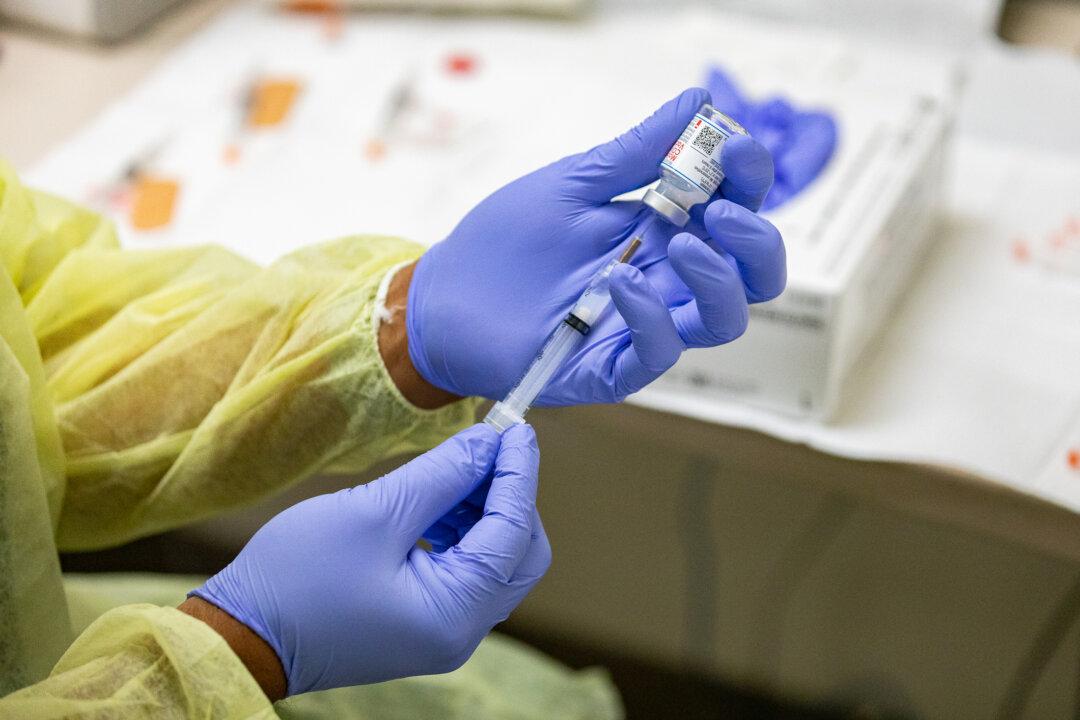Commentary
A vaccine that’s deemed safe for some people may not be deemed safe for others. Take the Moderna vaccine, which North American governments endorse for those under 30 years of age. If you’re a 29-year-old Swede, your government decided against authorizing its use as of Dec. 1, continuing a pause it began in early October. Finland has a similar prohibition, while Denmark touts the Moderna vaccine for people over, but not under, the age of 18. Iceland discontinued the use of Moderna altogether.






